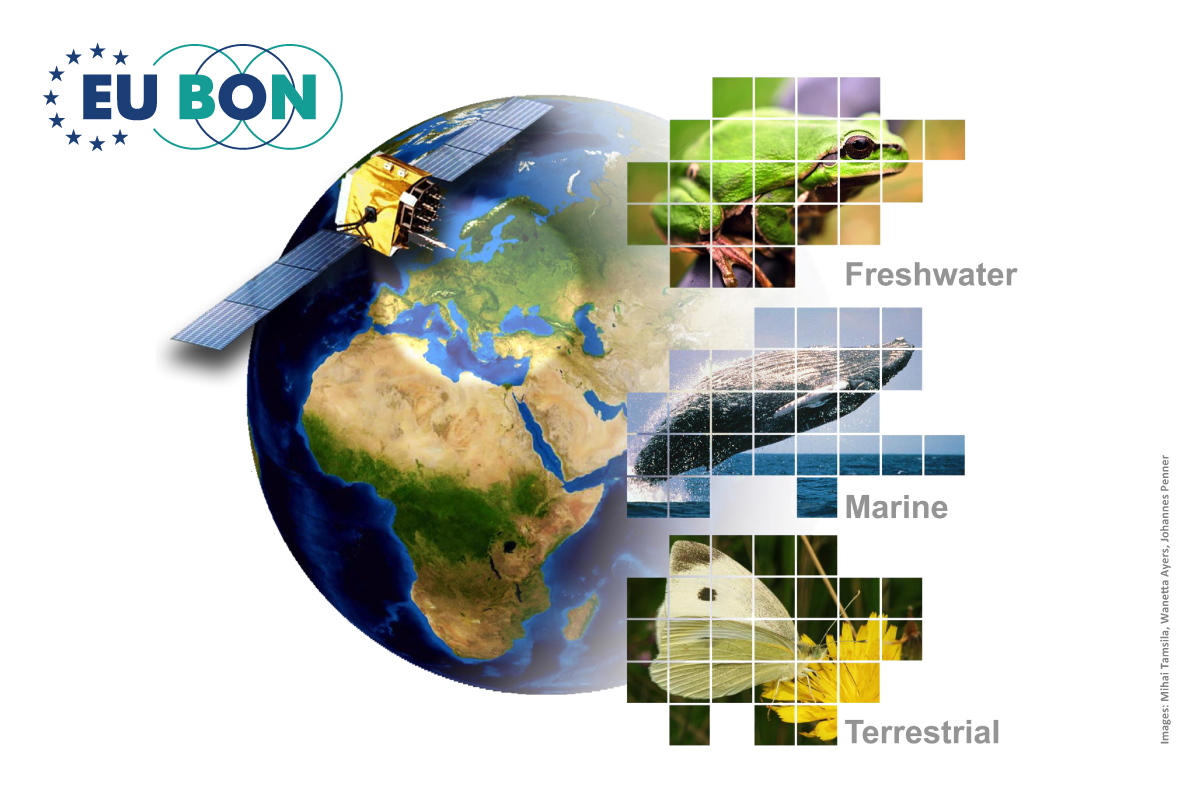Building the European Biodiversity Observation Network
Sustainable governance of our biological resources requires reliable scientific knowledge that meets the needs of society. Current biodiversity observation systems and environmental datasets are unbalanced in coverage and not integrated, limiting integrative analyses and implementation of environmental policies.
EU BON presents an innovative approach towards integration of biodiversity information systems from on-ground to remote sensing data, for addressing policy and information needs in a timely and customized manner. EU BON will provide integration between social networks of science and policy and technological networks of interoperating IT infrastructures, resulting in a new open-access platform for sharing biodiversity data and tools, and greatly advance biodiversity knowledge in Europe. EU BON’s 31 partners from 18 countries are members of networks of biodiversity data-holders, monitoring organizations, and leading scientific institutions. EU BON will build on existing components, in particular GBIF, LifeWatch infrastructures, and national biodiversity data centers.
Main objective of EU BON is building a substantial part of the Global Earth Observation Biodiversity Observation Network (GEO BON).
Key feature of EU BON is the delivery of relevant data – from on-ground observation and remote sensing – to the various stakeholders and end users ranging from local to global levels.
Outcome: The integrative EU BON network will facilitate political decisions in different sectors in order to conserve biodiversity for human well-being at different levels, ranging from communal park management to IPBES.
EU BON’s goals
- Enabling greater interoperability of data layers and systems
- Advancing data integration
- Increasing data mobilization (from science and society)
- Harmonizing and mainstreaming biodiversity recording and monitoring schemes
- Improving analytical tools and services
- Supporting (biodiversity) science policy interfaces
- Linking integrated information to relevant stakeholders
- Strengthening European capacities and infrastructures for environmental information management
Key Facts
- Funding:
7 th Framework Programme for Research and Technological Development - Coordinator:
Museum für Naturkunde Berlin - Partner:
31 partners in 18 countries, a list of all partners is available here - Scope:
9 work packages - Project duration:
54 months; starting: December 2012 - Project Website
